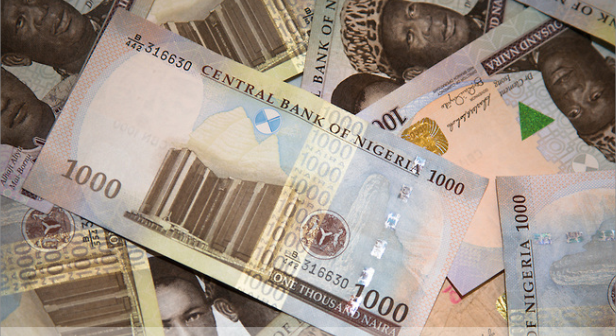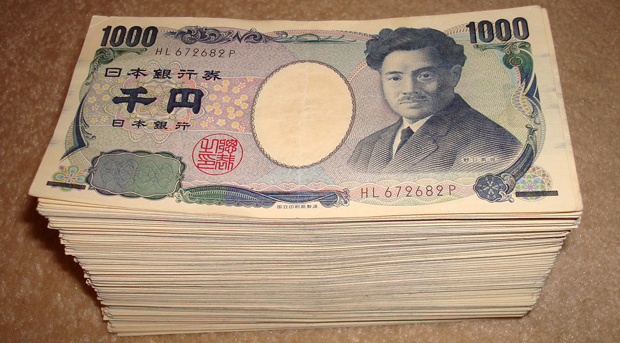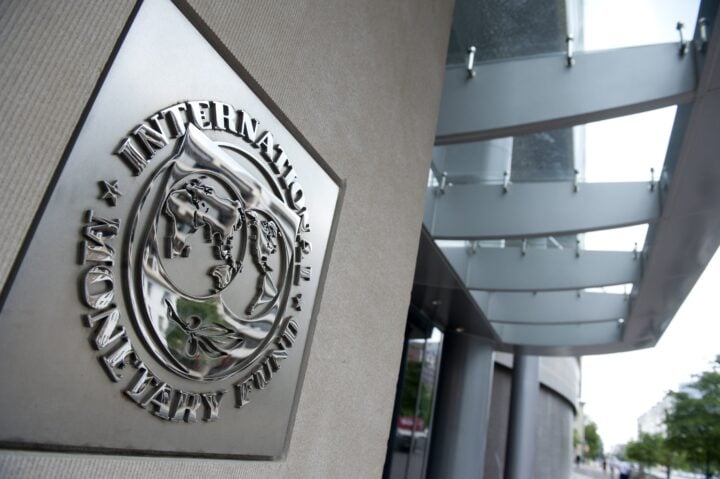Atedo Peterside, chairman Stanbic IBTC Holdings Plc, says the foreign exchange policy adopted by the federal government under the leadership of President Muhammadu Buhari “appears unsustainable”.
Speaking at the 2016 Standard Bank West Africa investors’ conference in Lagos on Tuesday, Peterside said investors do not like uncertainties as seen in the new administration over the past few months.
“In early September, 2015, the big unknown was the country’s economic policy direction and the likely composition of the president’s economic team,” he said.
“The team is now in place but the greatest policy uncertainty of all remains and that is an exchange rate policy regime that threatens the foundations of macroeconomic stability and appears to be unsustainable.
Advertisement
“The argument at stake is not whether to devalue or not because there has already been an effective devaluation. The naira prices of various capital goods are now being ‘correctly’ priced purely on the basis of realistic expected replacement costs and so the economy is sliding towards an unpalatable scenario where the consumer suffers the ‘pains’ of devaluation (rising prices) without witnessing any of the expected ‘gains’ such as enhanced fiscal viability (in local currency terms at least) of the three tiers of government and increased competitiveness of Nigerian businesses.”
He explained that the foreign exchange policy is also taking its toll on diversification as most investors were caught up in the frenzy of seeking the cheapest available dollars.
“The much craved economic diversification can only take place meaningfully if new capital investment activity takes place to take maximum advantage of increased domestic competitiveness.
Advertisement
“Sadly, most investors here (local and foreign) are currently caught up in a frenzied pursuit of the cheapest available dollars and the difference between losing this game and winning it can be as high as a mind-boggling 50 per cent on new transactions.
“The pursuit of scarce forex for today’s needs has understandably become the main game in town and this has exacerbated the pressures on Nigeria’s foreign exchange reserves and the Naira via the one-way bet that is currently on against the naira i.e. everybody wants to take foreign exchange out and nobody really wants to bring it in.”
Peterside said “it is also worrying that the federal government is considering further borrowing to ‘bridge’ a fiscal viability crisis that is caused in part by its decision to sell its forex to the private sector at rates that guarantee the latter huge windfall incomes, while the cash strapped government goes a borrowing”.
The graduate of the London School of Economics and Political Science however added that the 2016 budget “brings up a number of opportunities for the private sector,” and can help Nigeria tap into its growth potential.
Advertisement
The 2016 investors conference is aimed at promoting a discourse on “unlocking Nigeria’s Potential…growing through diversification”.
Add a comment







